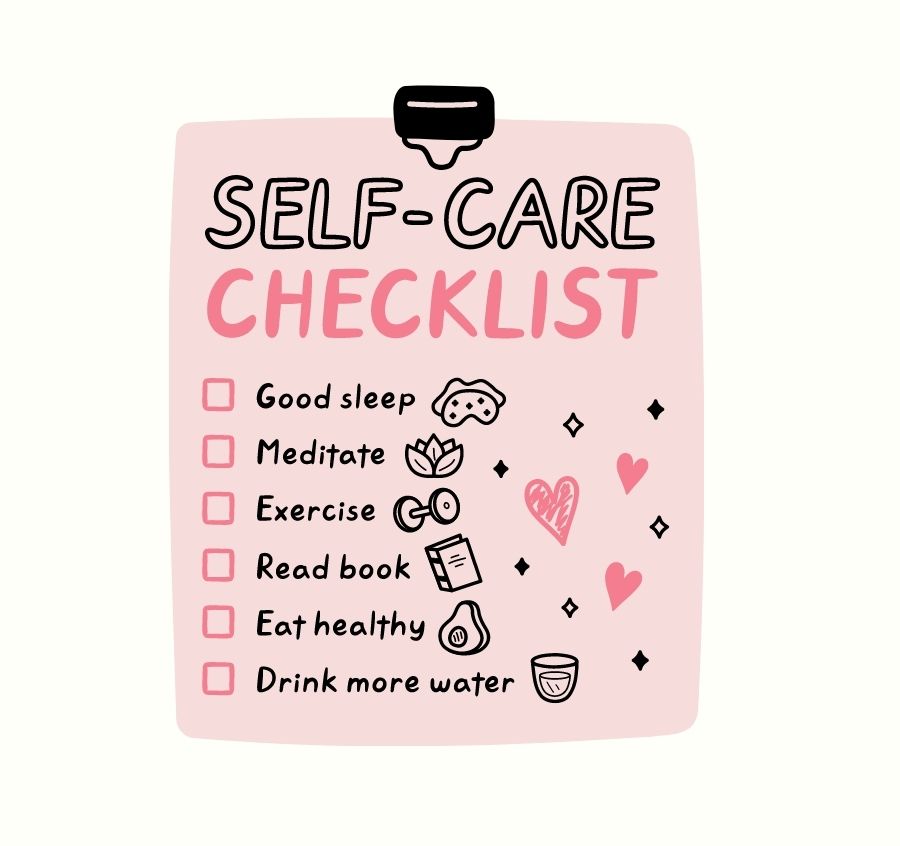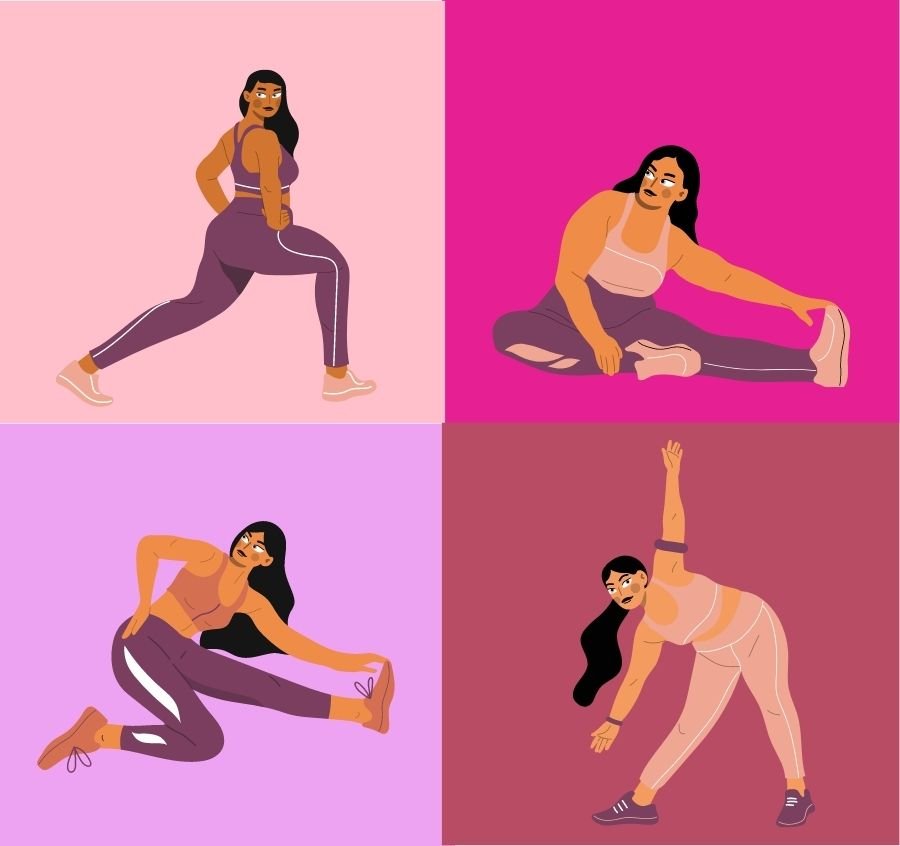How to Cope with PCOS Diagnosis

I was 21 years old when I started to notice some strange symptoms. No menstrual period for more than three months, excessive body hair, non-stop growth of acne, and despite eating healthy, gaining weight seemed inevitable. I started experiencing mood swings as well.
Until I was diagnosed with Polycystic Ovarian Syndrome or PCOS, this hormonal imbalance can lead to various symptoms. These include excessive hair growth, irregular or non-existent periods, and obesity or high blood sugar levels.
PCOS may be devastating to a girl’s self-esteem. Fortunately, there are things you can do to reduce physical symptoms. This is while still dealing with the emotional aspects of living with PCOS.
How to Handle a PCOS Diagnosis
If you’ve just found that you have PCOS, you may be unsure of your next steps. You may not know how to handle the news. Here are some helpful hints to help you along the way

Self-care is important
You must take care of yourself if you’re going through the process of getting a diagnosis for any health problem. It might be exhausting to follow up on blood tests and examination findings and talk with many doctors about your symptoms. Self-care is more vital than ever before to cope with what may be a stressful situation. This might be taking time off to do things you like, such as going for walks, catching up with friends, or reading a book to unwind.
Eating healthy foods
People with PCOS frequently have elevated insulin levels, which can further disrupt hormones and worsen symptoms. To fight this, ensure your food is vital in fiber, which slows digestion and lowers the rate at which your body absorbs sugar. You may also include nutritious meals like tomatoes, leafy greens, nuts, and olive oil.
Ignore unsolicited comments
Although PCOS is widespread, not every woman has the same experience. Even well-intentioned suggestions can be upsetting and infuriating, such as telling someone with PCOS to ‘reduce weight’. Furthermore, while informing the person that ‘many women have it’ may sound soothing, it can also minimize unpleasant and frequently severe symptoms.

Exercise is vital when you have PCOS
Insulin resistance, which affects your body’s capacity to utilize blood sugar for energy, can be caused by PCOS. Inactivity can also contribute to insulin resistance. Therefore, exercise is vital to taking care of yourself if you have PCOS. Most sorts of activities are effective as long as they are something you love and want to incorporate into your daily routine.
Have a support system
Although PCOS is widespread, the negative effects of the symptoms should not be overlooked. Sharing your feelings with friends and family might help relieve some of the stress. It might be challenging to communicate to others about your mental health or difficulties like unwanted hair or weight gain, but keeping things to yourself can make you feel much worse.
Remember that PCOS is only a part of your life; it does not define you. We can all pass through this with proper self-care, a healthy lifestyle, and emotional support.











